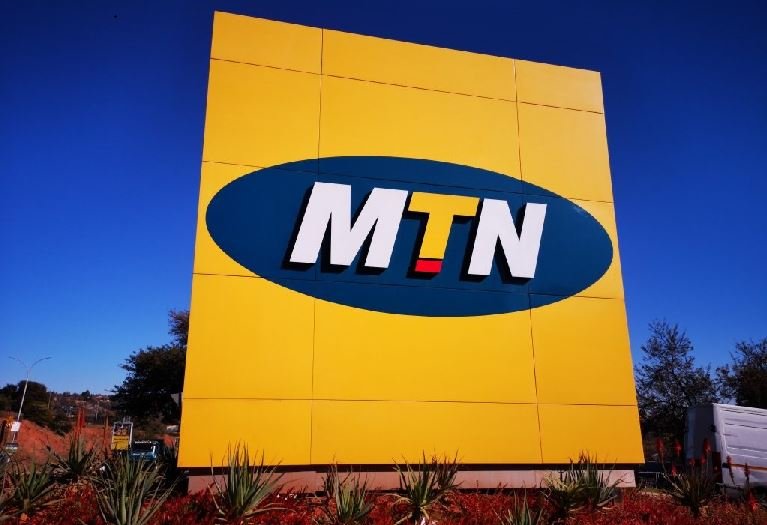 Nigeria’s largest airline, Arik Air, has reduced the number of domestic flights it offers due to a scarcity of aviation fuel, its spokesman said on Thursday, the latest carrier to limit services due to a currency squeeze in the country.
Nigeria’s largest airline, Arik Air, has reduced the number of domestic flights it offers due to a scarcity of aviation fuel, its spokesman said on Thursday, the latest carrier to limit services due to a currency squeeze in the country.
In the last two weeks, passengers of Arik Air have complained bitterly about how the airline kept them waiting for up to eight hours before they finally get on a flight.
A customer, Damian Udeh, who tried flying from Enugu to Lagos said the airline delayed them for many hours and also failed to show any concern towards their customers.
“This is the Arik bombardier CRJ aircraft that flew into lagos from Enugu on Saturday night 12th November 2016,” he wrote on his Facebook page.
“This flight was supposed to leave Enugu at 1:25pm but was delayed for eight hours and we got into Lagos at about 9:45pm,” he added.
Lack of fuel and sharp fall in the naira this year has made it difficult to get the US dollars needed to buy jet fuel, almost all of which is imported, creating periodic shortages throughout the country.
Nigerian airlines have struggled to remain profitable amid the currency crisis, as passengers pay in naira but fuel suppliers are paid in dollars, and some international carriers have cut or stopped flights to Nigeria because those services are not profitable.
Arik Air spokesman Ola Adebanji said major oil marketers began to ration jet fuel supply to airlines last week, and as a result there had been a “reduction of flights” with immediate effect. He did not say how many flights would be cut.
“This will last until the supply situation improves,” he said.
Arik Air is west Africa’s biggest carrier by passenger numbers, flying to London, New York and Johannesburg, and also has a maintenance contract with Germany’s Lufthansa.
“We are managing the situation to ensure our international flights are not affected,” Adebanji said.
Fuel shortages earlier this year forced domestic airlines to ground some flights, while foreign airlines flying to Nigeria started to refuel abroad because the hard currency shortage meant fuel was only available at a very high price.
With reports from Reuters/MailOnline










